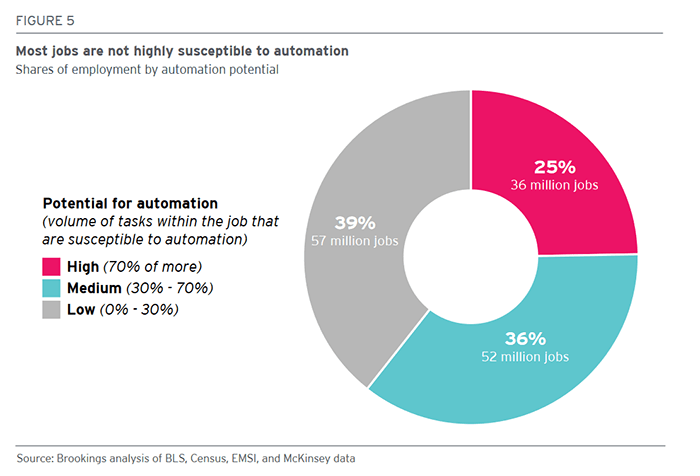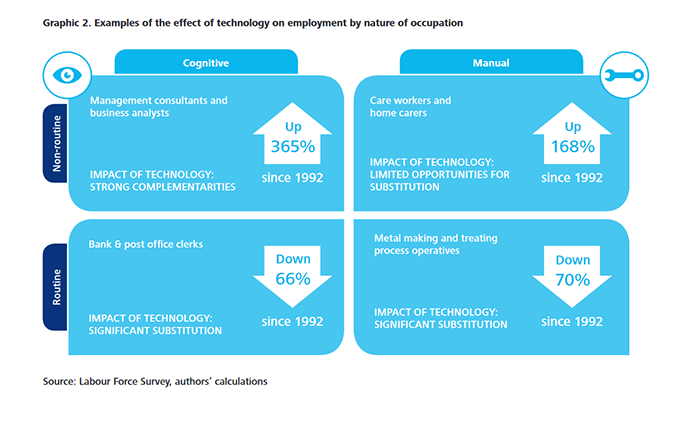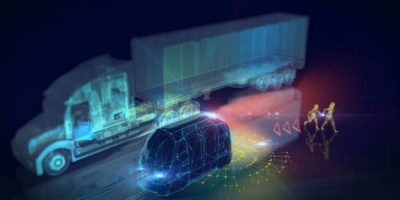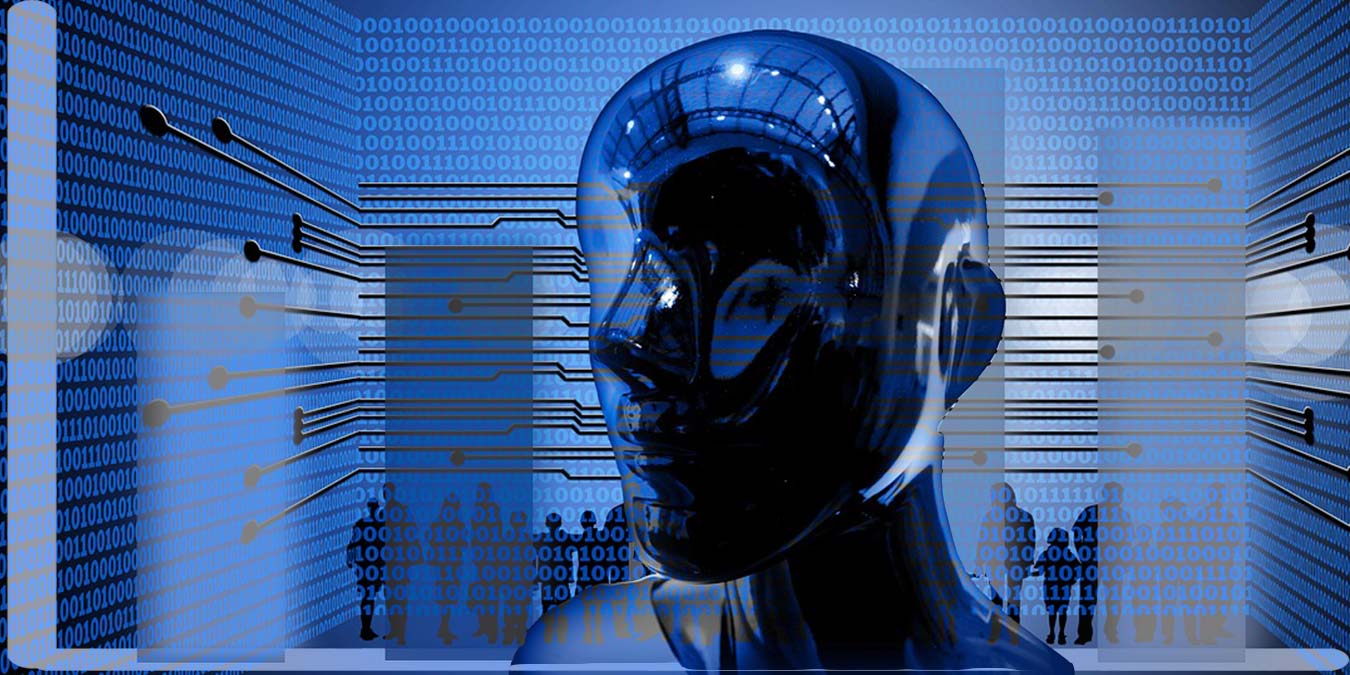
Thirty years ago, “cloud engineer” would have been a pretty good slang term for an airline pilot. Thanks to the growing reach of the Internet, though, it’s now a job in its own right, just like “chatbot designer,” “social media manager,” and “database architect.” Technological advances like artificial intelligence and the Internet of Things are creating a wealth of new jobs that we never saw coming, but if you’re a food service worker or nuclear power reactor operator, you should probably start updating your resume.
Automation and connected devices are coming for high- and low-skill jobs alike, and many people are worried that the new jobs won’t be sufficient to replace the old ones that disappear. And even if there are enough jobs, will the required skills be too high of a barrier for people to make the switch?
Pessimistic Take: The Forces of Job Destruction
As more IoT devices come online, the boundaries between what can and can’t be automated are trending steadily downwards, and it’s not just retail workers and servers that will be displaced by touchscreens and sensors. Drivers, accountants, insurance underwriters, farm laborers, machine operators, and even fashion models won’t be able to avoid full or partial automation in the future. Thanks to the proliferation of sensors, better networking technology, and, most importantly, AI that is better at dealing with unstructured tasks, though, those occupations are now all on the “high-risk” list.
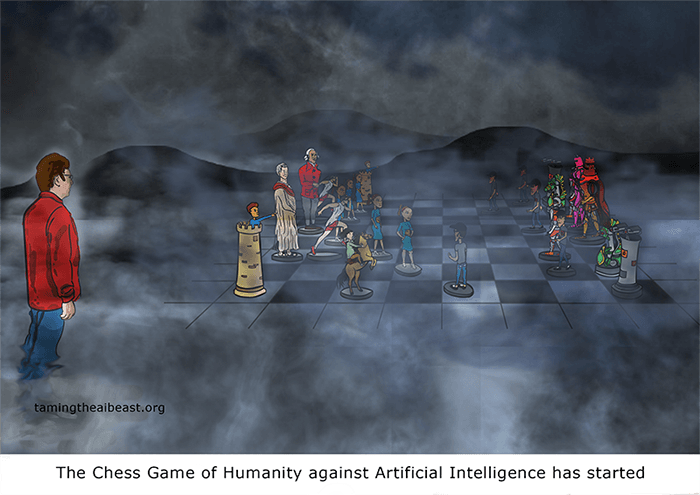
Various studies have estimated that 47% of US (Frey and Osborne [PDF]), 35% of UK, and possibly up to 60% of ASEAN (Chang and Hyunh [PDF]) employment could be at high risk of automation over the next few decades. McKinsey estimates that 50% of current work activities could technically be automated using the technologies we currently have, though they also believe that only around 5% of jobs can be fully automated. Regardless, if a job contains any structured tasks that might be automatable, it’s safe to assume they will be computerized eventually.
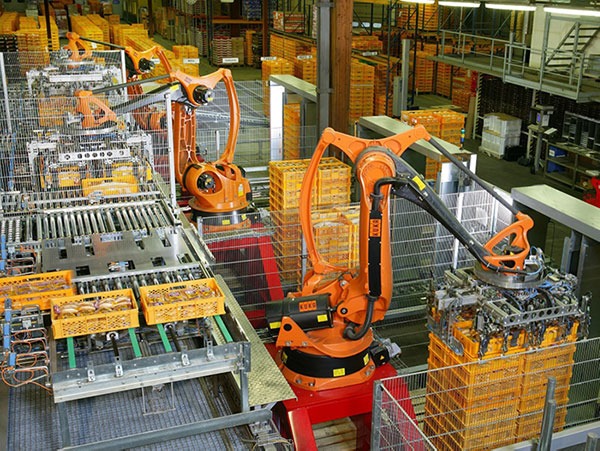
Manufacturing, where the Industrial Internet of Things is taking hold, will be especially hard-hit as IoT sensors and connected machines begin to take over a lot of routine operations and maintenance tasks. Humans will still be necessary, but as with the first couple of industrial revolutions, their roles will change and their numbers will be reduced. This especially may end up hitting emerging economies, whose cheaper labor costs might no longer be as attractive to foreign companies with even more cost-effective automation options.
Retail, agriculture, customer service, accommodation, warehouses and other industries that depend on highly-structured routines will also see big drops in employment [PDF]. Amazon’s no-checkout supermarket, smart farms, chatbots, and picker robots for warehouses are just a few examples of technologies that are already starting to usurp jobs that were previously “humans-only.”
IoT and AI tech is getting better and cheaper all the time, and when it gets to the point where sensors, machines, and software can do something better and more cheaply than humans, well, you do the math. Wait, scratch that – let a robot do the math for you.
All in all, we’re looking at a future where very few jobs are completely safe from automation (though most can’t be completely taken over). Overall demand for labor may fall as robotic alternatives get cheap enough to fully automate some jobs and partially automate others. Many low-skilled workers will be affected, especially in emerging economies, but so will high-skilled workers engaged in highly-structured tasks. The high-skilled workers may be better able to retrain themselves to stay employable, but those that can’t afford to keep up will find themselves on the wrong side of a widening digital divide.
Optimistic Take: Work Is Just Changing, Not Disappearing
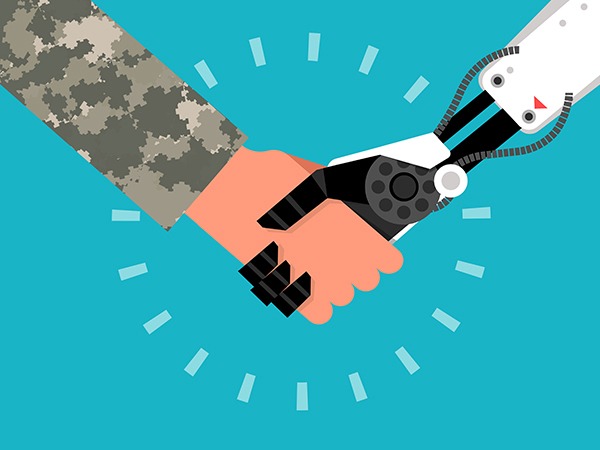
The job-loss numbers look pretty dire at first glance, until you realize that they’re not accounting for potential job creation and mutation. Yes, the jobs we currently have will eventually disappear, but every industrial revolution in the past has ended up with a net increase in jobs due to technology opening up new opportunities. It wasn’t necessarily easy to make these transitions and didn’t work out for every group of displaced people, but the forces of “creative destruction” (the dismantling of old systems to make way for new ones) have tended to play out well in the long run.
Another factor to consider is that just because parts of a job are automatable doesn’t mean the entire job will disappear. The role will change, but Brookings estimates that only half a percent of US workers are currently in roles that can be completely automated. Most jobs will probably experience some automation and other changes as IoT technologies become more commonplace, but the change won’t happen overnight.
Some of the jobs that will emerge along with new technologies are fairly obvious, like hiring people to maintain and manage the new systems. Techy job titles like “computer systems analyst” and “database administrator” are among those forecast to experience both high growth and low rates of automation, making this sort of the classic “robot takes man’s job, man gets job fixing robot” scenario.
Not everyone will need to be a tech genius, though. A lot of existing sectors, like education, sales, and healthcare will still need real humans in a lot of roles, and improved technology may even allow us to dedicate more of our resources to getting smarter and healthier. Teachers, psychologists, physicians’ assistants, human resources professionals, and many other jobs all remain on the “low-risk” list as far as automation goes and are even expected to grow.
Why the growth? Put simply, the fields that will grow most are those that are both hard to automate and which produce goods that people want to consume more of as they get richer, like healthcare and education. An academic study surveying 35 years in 19 economies found that automation levels increased productivity and decreased employment in the affected industries but actually resulted in less-automated industries, and the economy as a whole, experiencing employment growth.
A Deloitte study spanning 140 years found similar results, showing that productivity growth and employment tends to shift human labor over to certain labor-intensive services that fall into the “we’d always like more of it if we could afford it” category. If machines made all our problems go away, then we might have trouble finding jobs, but for the foreseeable future, there will always be something we need to work on. Automation isn’t going to delete jobs. It’ll just free up humans to work on the next-highest priorities, like making us smarter and healthier.
Then there are the unpredictable jobs – the unknown unknowns. “Web developer” in the 1980s was probably just a nickname for spiders, but now you can be a digital marketer, YouTube creator, UX designer, or any number of other things that have only recently popped up on our radar.
Another Deloitte study of jobs in the UK actually concluded that technology had created more than four times as many jobs as it had destroyed over a fifteen-year period, and you don’t have to be a labor economist to recognize that a fair bit of what we currently do wouldn’t be recognizable “work” as it was known in past centuries.
That result may not apply to every country or group, but it’s a good reminder that economies aren’t zero-sum games. Blockbuster employees lost their job not just because of Netflix (where most of them probably can’t work) but because of the Internet, which has more than made up for the jobs it destroyed.
Building the Model T on an assembly line cut down on the human labor required per car but enabled a huge automobile industry to grow. It’s impossible to predict if past patterns will hold here, just as it’s impossible to figure out what kind of jobs we’ll all do in a hundred years, but there are a lot of reasons for optimism.
Learning New Things Isn’t Optional Anymore
We’re living in an age of faster technological and economic growth than any other time in human history, and there’s no longer any sort of guarantee that the world you currently inhabit will closely resemble the world in thirty years. That’s not a comforting thought for a lot of people, especially those who don’t have the resources or desire to reskill.
As the IoT/AI revolution continues its march onwards, though, learning these skills and shifting towards whatever labor markets emerge is going to be an essential part of our working lives. Employment is already a lot less stable than it was in the past, and for better or for worse, enrolling in a bootcamp or taking a few online courses every year or two might become the new normal as new technologies constantly shift the goalposts. Jobs will be created, destroyed, and transformed, and we’ll have good reasons to complain about that, but if the past is any indicator, the technology that drives this change will also drive a lot of improvements in our lives.
Image credits: Chess Game of Humanity With Artificial Intelligence, Factory automation
Get the best of IoT Tech Trends delivered right to your inbox!

